This week, Representative Alexandria Ocasio-Cortez took a decisive step by filing impeachment articles against Supreme Court Justices Clarence Thomas and Samuel Alito.
On the House floor, she passionately claimed their refusal to step aside in key cases “represents an abuse of power and threat to our democracy.”
A Call for Resignation

In a fiery speech, Ocasio-Cortez demanded immediate action, insisting that if Justices Thomas and Alito don’t step down, Congress should remove them for compromising the rule of law.
Her words echoed through the halls of Congress, illustrating a serious crisis of integrity at the highest court.
Trust in the Balance

Ocasio-Cortez highlighted a critical issue: “Because of Alito’s and Thomas’s refusals to recuse, everyday Americans cannot, should not and will not believe that these justices, and consequently the court they serve, is working to uphold the Constitution and put the country ahead of their own individual self-interests.”
This statement puts the spotlight on the fading public trust in judicial impartiality.
Accusations of Corruption
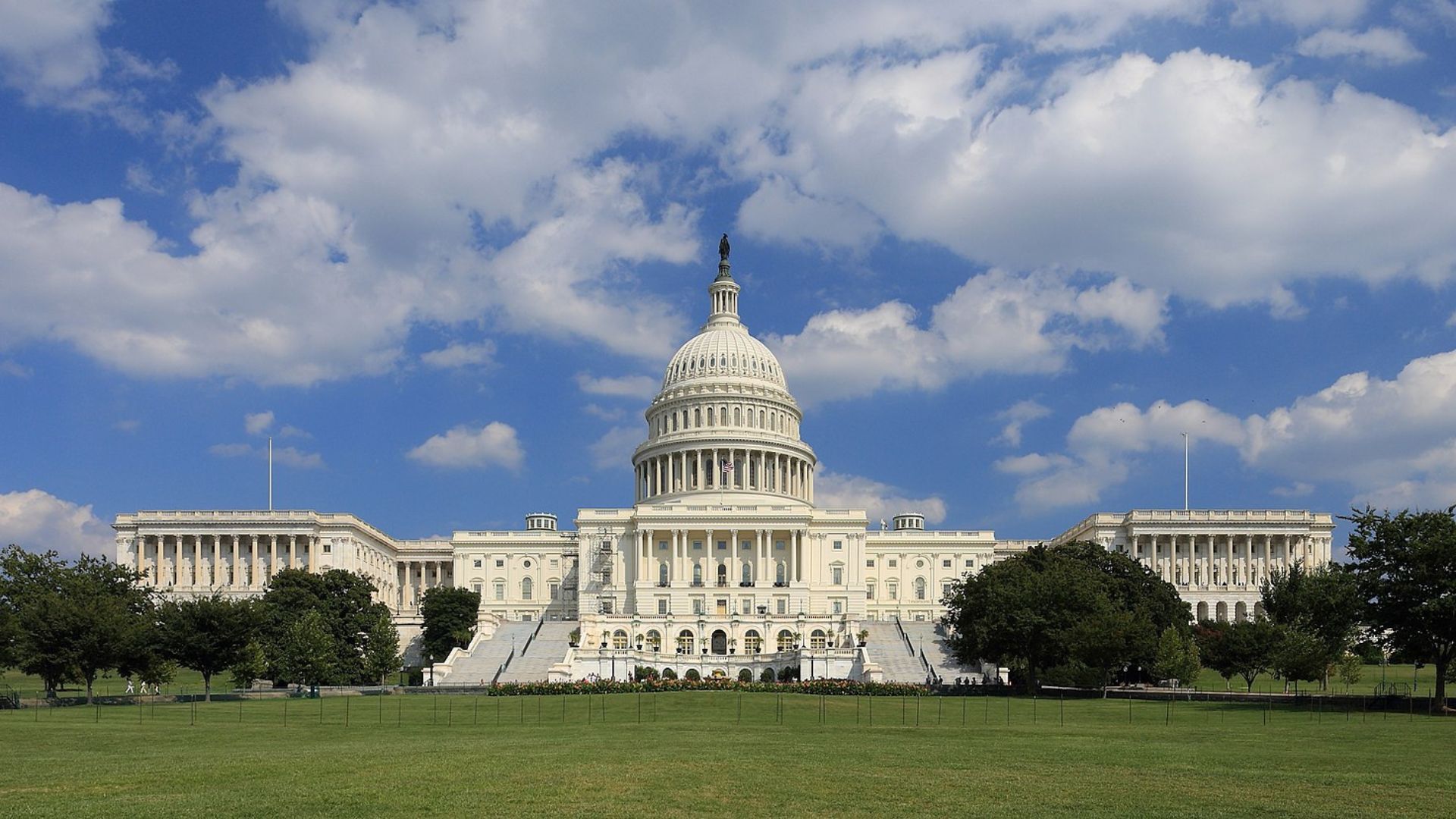
During the session, she said: “Reasonable Americans will and do believe that Justices Thomas and Alito are prone and subject to corruption, that the institution failing to punish them is broken and that consequently their impeachment is a constitutional imperative and our congressional duty.”
The gravity of her words marked a poignant moment in the debate.
Long Standing Issues
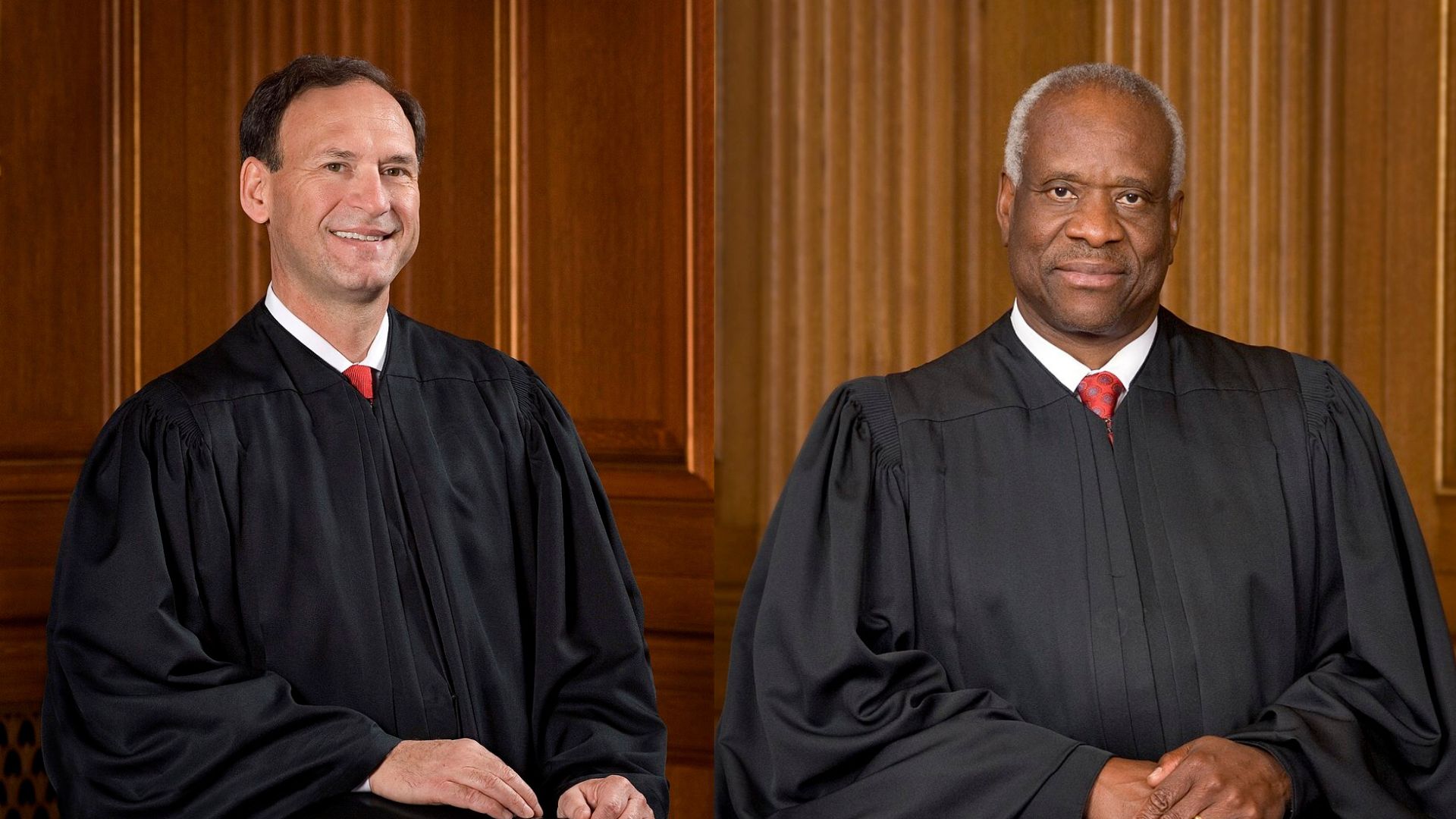
The congresswoman detailed a “yearslong pattern of misconduct” by the justices, arguing that their continued failure to distance themselves from cases with personal stakes threatens the core principles of democracy.
Her critique was a powerful call for accountability.
Silence from the Supreme Court
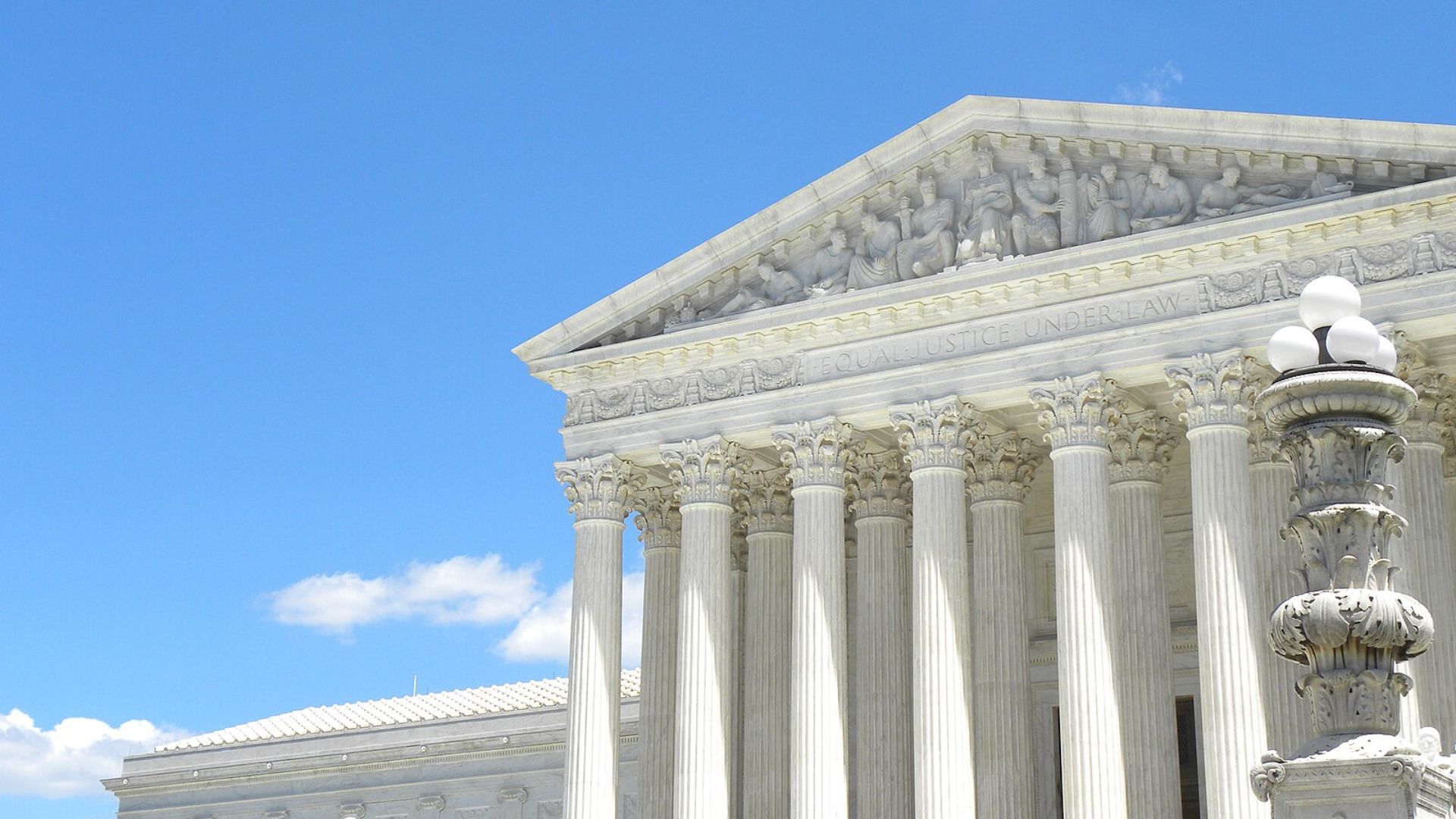
Since the impeachment articles were filed, there has been no response from the Supreme Court.
This silence adds a layer of tension and uncertainty about the implications of these charges for the judicial landscape.
Widespread Support
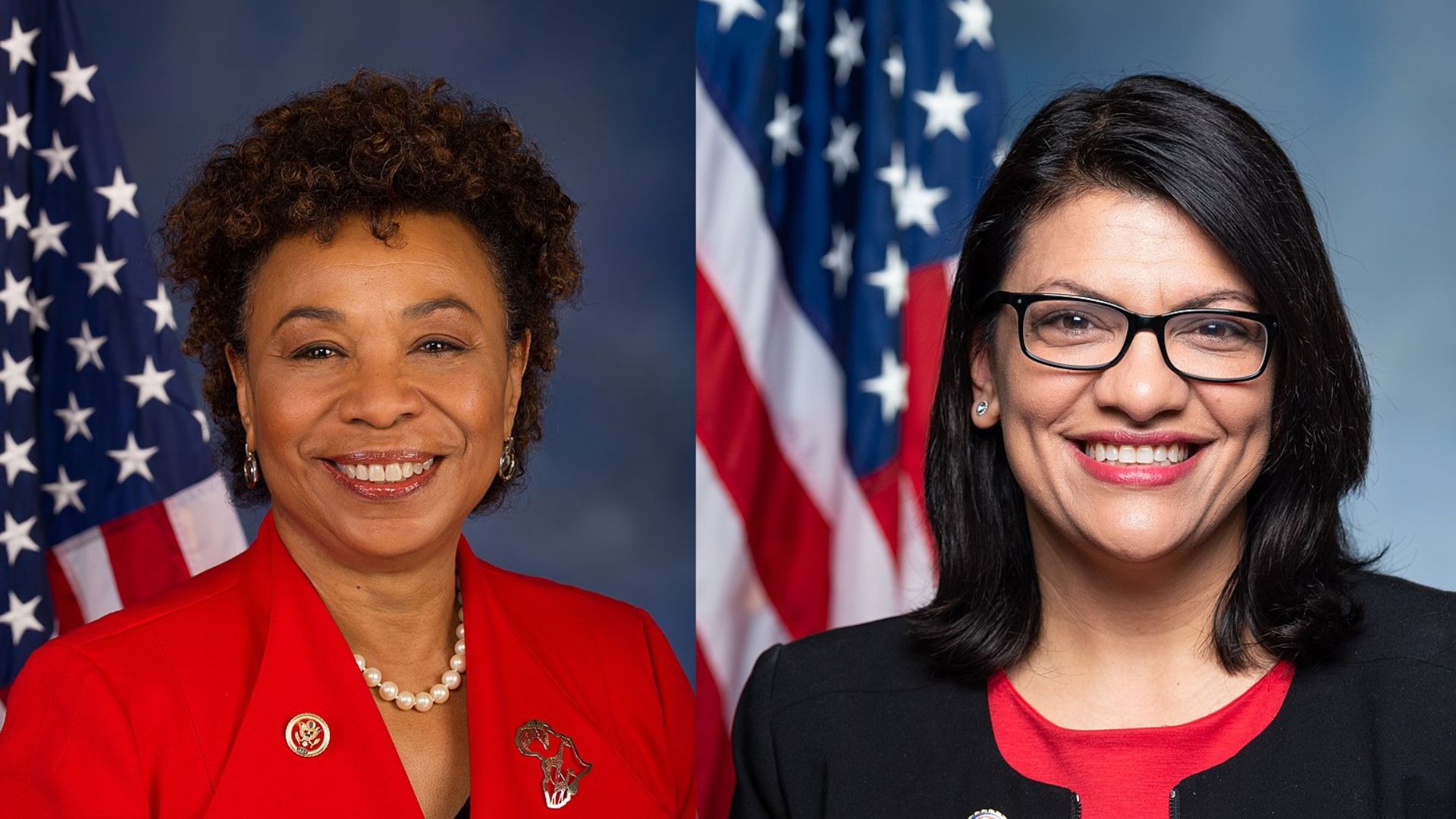
A notable group of lawmakers, including Barbara Lee and Rashida Tlaib among others, have rallied behind the impeachment resolution.
This signals strong support within the House to address these serious allegations.
Questionable Judgments
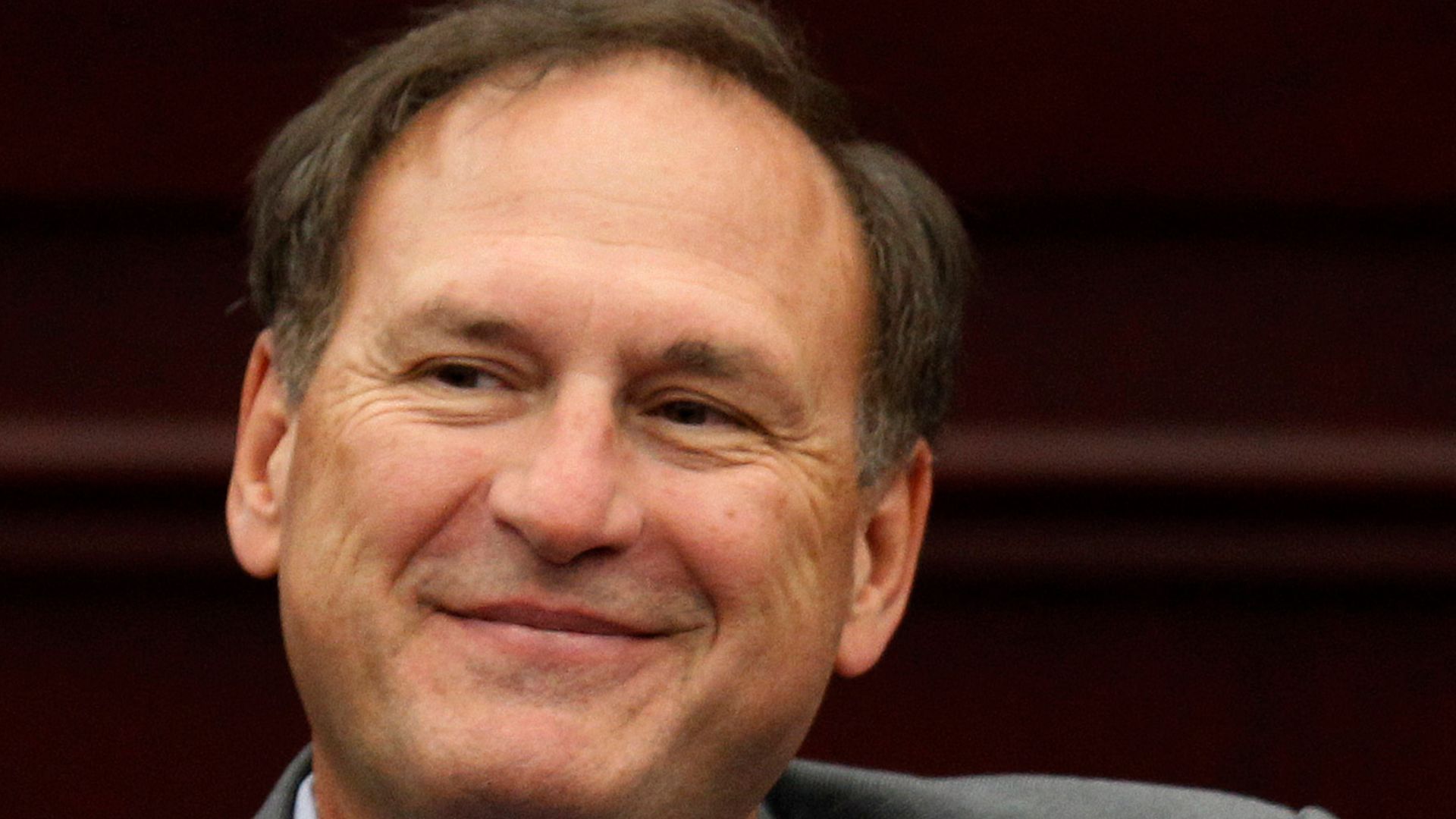
Justice Alito’s impartiality was questioned after he chose not to recuse himself from Trump-related cases, even though controversial flags associated with the “Stop the Steal” movement were flown at his home.
This has stirred doubts about his ability to judge without bias.
Ethical Questions Arise

Justice Alito’s actions are under more scrutiny after he failed to recuse himself from cases involving hedge fund billionaire Paul Singer, following an undisclosed fishing trip in Alaska.
This incident raises serious ethical concerns about his conduct on the bench.
Disclosure Debacle
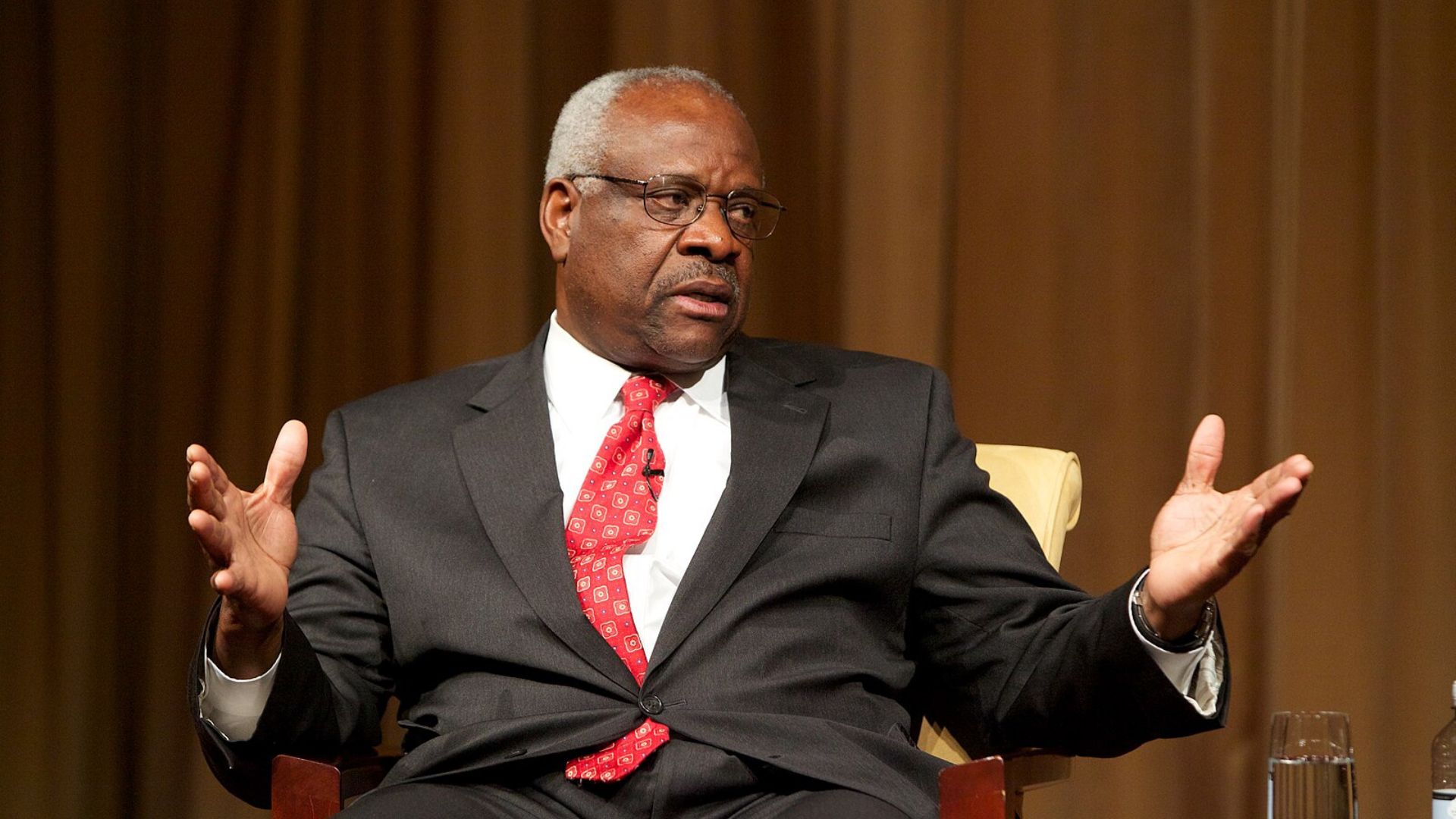
Justice Thomas has been criticized for his failure to disclose certain financial details, which includes gifts and other potential conflicts of interest.
This lack of transparency is troubling, especially when his impartiality in cases affecting his family’s financial interests is at stake.
Political Pressure

The active involvement of Ginni Thomas in the 2020 election efforts has brought additional scrutiny on Justice Thomas.
Critics argue that his proximity to political actions by his spouse should compel him to recuse himself from related cases.
Selective Participation
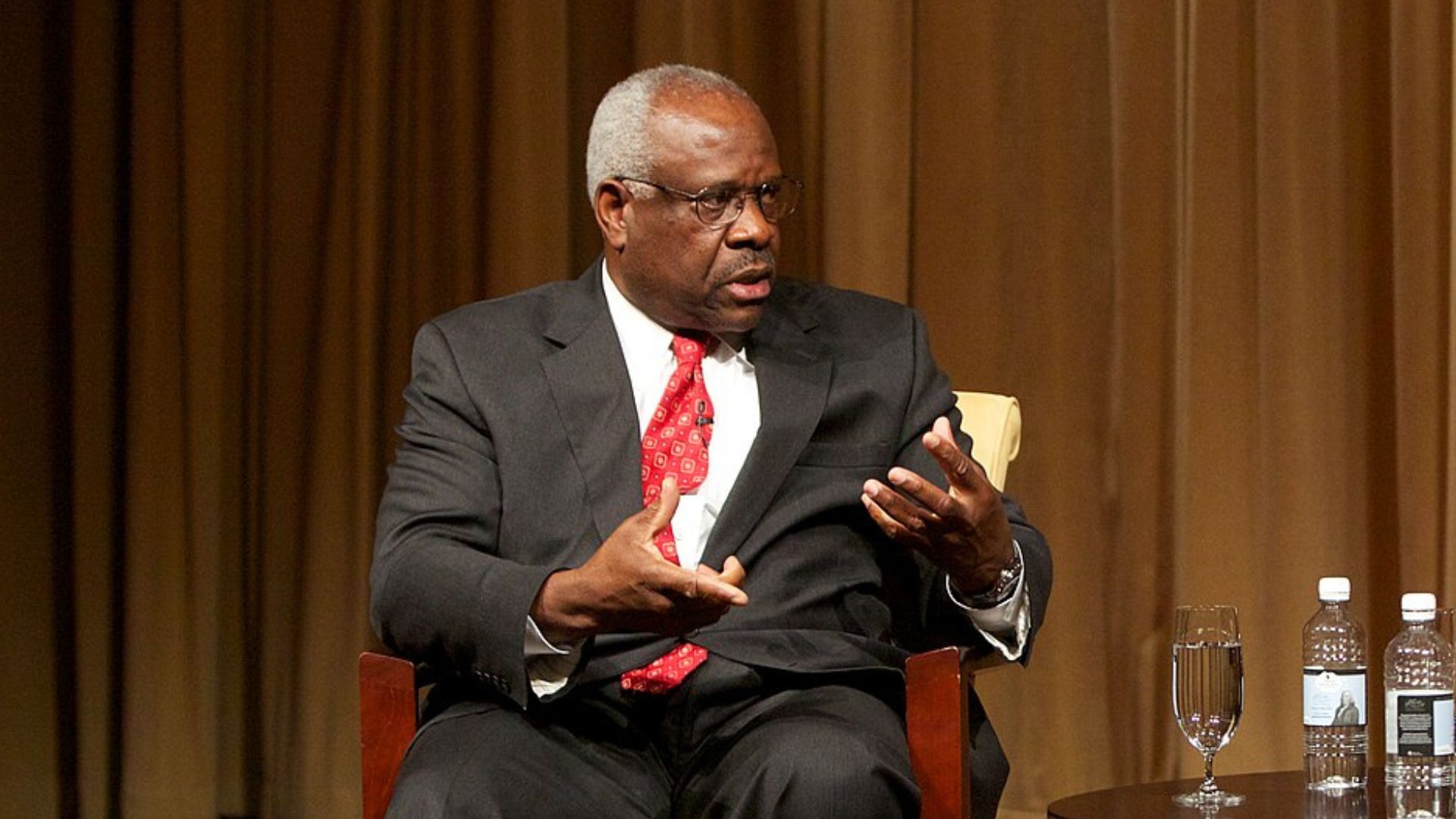
Amidst calls for his recusal, Justice Thomas has selectively withdrawn from certain cases while participating in others that may benefit former President Trump.
This highlights a pattern of behavior that some consider to be conflicting.
